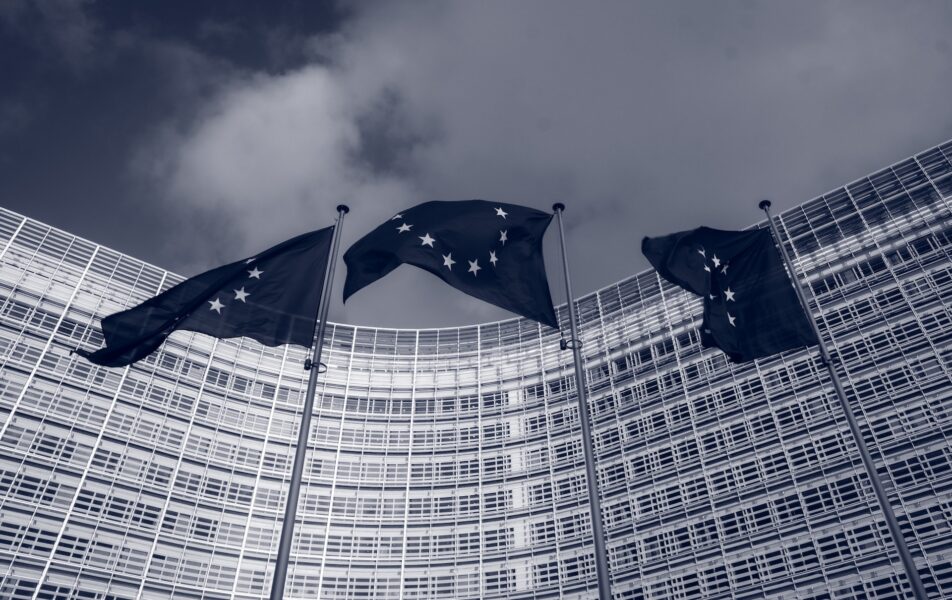
On Thursday 7 September, scientists across Europe received a communique bearing the welcome news that British and European researchers can once again collaborate under the European Union’s Horizon programme.
The deal was sealed in a phone call between Rishi Sunak and European Commission president Ursula von der Leyen. With an £85 billion fund running until 2027, Horizon is the world’s largest international research and innovation programme, supporting research on disease, climate change, artificial intelligence and more. Since Brexit, more than three years ago, the UK has been locked out.
A quick Google of ‘Exeter University Horizon’ gives an idea of how big of a deal this was for scientists. Writing on 29 June 2016, six days after the EU referendum, Exeter’s Deputy Vice Chancellor for Research and Impact reassured staff: “We will be lobbying relentlessly to ensure that the UK and Exeter can continue to participate in Horizon 2020, critical for fulfilment of our individual research projects, our work as researchers, but also those of our University as a whole, not to mention those of the UK.” (Horizon 2020 was the previous iteration of the programme, preceding Horizon Europe.) Around that time, the University of Exeter had 130 live EU projects worth over €75 million.
Before 2020, British researchers received around £2 billion a year from Horizon
Before 2020, British researchers received around £2 billion a year from Horizon, placing them among the biggest beneficiaries. The government covered some of the lost funding, but £1 billion across both 2021 and 2022 represented a steep drop. In the years outside Horizon, British scientists could still collaborate with European colleagues, but fewer made applications to do so, and they could not hold leadership roles. EU nationals working in the UK returned to Europe.
Those EU nationals will once again see Britain as an attractive destination. Officials hope that, with a big promotion push for Horizon in the UK, the country can regain its former leading role.
A freshly flourishing science sector cannot be taken for granted. Sue Ferns, from Prospect, the union representing many in the sector, said: “The UK rejoining Horizon is welcome but long overdue and we are now playing catch-up as we try to make up for lost time. Ministers now need to guarantee sustained investment across the sector — scientific expertise is critical to meeting the generational challenges we are facing.”
Nonetheless, the feeling among scientists is one of “colossal relief”, according to Vivienne Stern, the chief executive of Universities UK, speaking to the BBC. She added, “I was looking at one project which is mapping the human brain — a colossal project involving 500 researchers in 16 countries — it’s been going on for ten years. The scale is impossible through national funding mechanisms.”
The UK was, in fact, never supposed to leave Horizon: associate membership was part of the Brexit deal. But so was the Northern Ireland Protocol, a dispute over which saw the UK barred from Horizon. That issue was resolved in the Windsor Framework in February, setting in motion negotiations over the financial details of Horizon membership. Away from the science, then, this deal is politically significant. Von der Leyen said, “The EU and UK are key strategic partners and allies, and today’s agreement proves that point.”
In proportion to the size of its economy, the UK is expected to contribute £2.1 billion a year to the programme, beginning in 2024. There is provision for compensation in the unlikely event that the UK’s receipts equate to less than 84 per cent of its contributions.
Another £100 million per year will go to the EU’s Copernicus project. British membership of the Copernicus Earth observation programme was announced alongside the Horizon news, and will be a boon to the country’s climate researchers. It also means British aerospace firms can bid for contracts worth hundreds of millions of euros to build the satellites that, alongside a network of sensors, provide information on natural disasters and the environment more generally.
However, the UK will not rejoin Euratom, the EU’s nuclear research programme. As a result, it will have no further part in ITER, the project that aims to build a prototype nuclear fusion reactor. Instead, attention will turn to Britain’s own £650 million fusion energy strategy.


